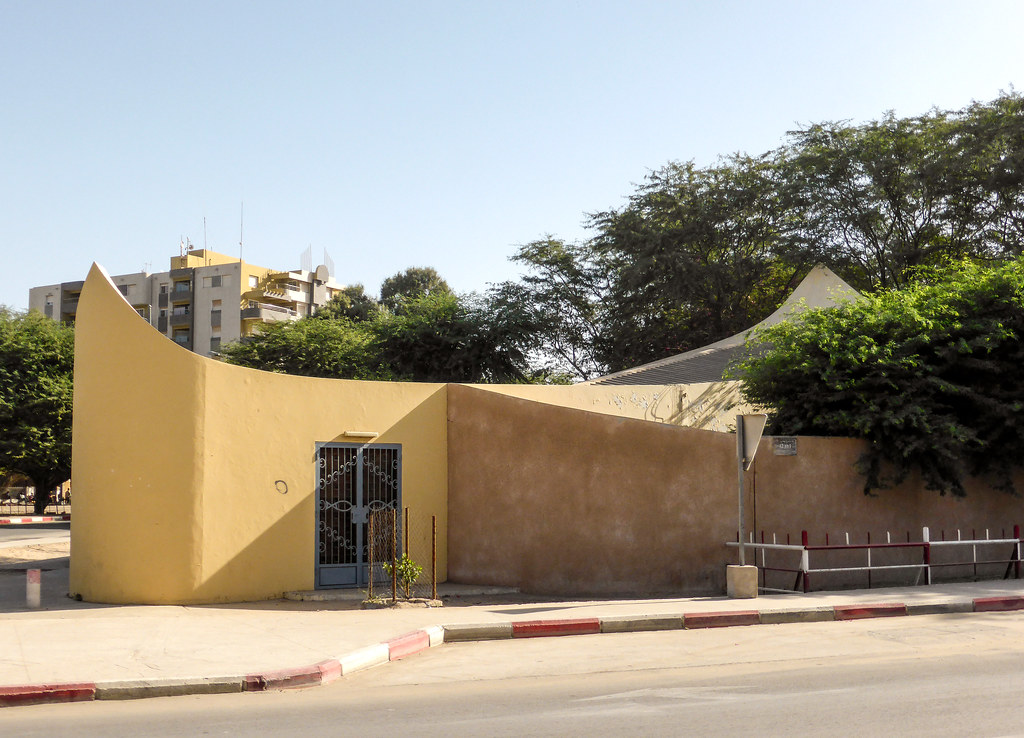Recent comments before the United Nations Human Rights Council by the Islamic Republic of Mauritania regarding apostasy and blasphemy laws are a cause for concern.
During a recent session the North African country rebuffed recommendations to decriminalize its apostasy and blasphemy laws or even to end the use of capital punishment as a penalty for those found guilty of violating such laws.
“Foreigners in Mauritania are free to practice their own religions,” a delegate from the Mauritanian Government stated in dismissing the concerns while addressing the body. No such assurances were offered for citizens of Mauritania.
The Mauritanian delegate stated that apostasy laws (restricting renunciation of one’s religion) are in line with their legal system and meet their current obligations under international law. Evidence shows that they may not be matching these safeguards.
Apostasy laws effectively prohibit most if not all conversions.
In its most recent report on international religious freedom, the U.S. State Department made two observations regarding apostasy laws.
First, Mauritanian criminal code requires the use of capital punishment for an apostasy conviction, although the provision has not been used since the law was enacted in 2018.
A similar finding is in place for blasphemy convictions. Leeway can be afforded under these provisions if the charged individual repents. Repentance can be used as a mitigating factor when handing out punishment for both apostasy and blasphemy. As with apostasy convictions, there has not been any application of capital punishment for a blasphemy conviction.
Second, foreigners are free to attend worship services in Mauritania, but local citizens are prevented from doing so. Unofficial government action effectively limits Christian worship to the Roman Catholic Church and a handful of other denominations. These churches are prevented from proselytizing. Church facilities are limited to the capital of Nouakchott and the cities of Kaedi, Atar, Nouadhibo and Rosso.
Earlier this year Open Doors USA placed Mauritania at number 20 on a list of countries (World Watch List) where it is difficult for Christians to practice their faith. A report from Aid to the Church in Need (ACN) highlighted concerns from the UN High Commissioner for Human Rights that Freedom of Conscience and Religion are not formally guaranteed in Mauritania. This also includes practicing Muslims.
Protecting and promoting Religious Freedom is a legitimate concern in Mauritania. Statements that Mauritanian law falls in line with international norms sound straightforward, but deeper investigation into the evidence raises concern that the laws are not given proper scrutiny.
Further clarification regarding the status of Freedom of Religion in the country is needed, and assurances should come from the Government of Mauritania regarding this important right.
No comments yet





